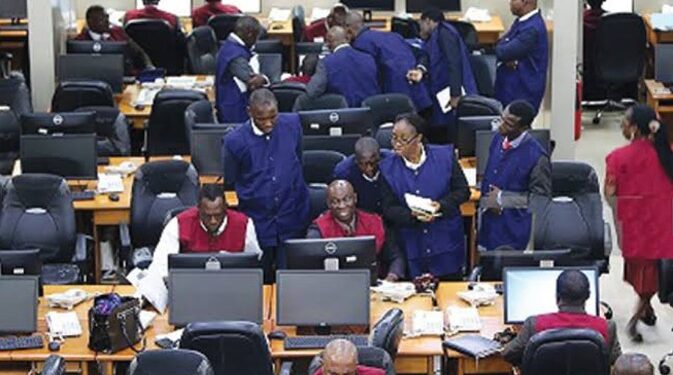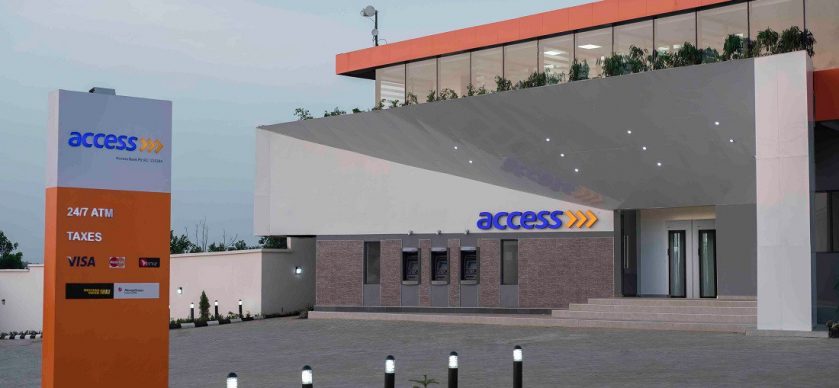Business Briefings
Court Document Reveals Emefiele Earned ₦350 Million Annually as CBN Governor

A court document has disclosed that Godwin Emefiele, the former Governor of the Central Bank of Nigeria (CBN), received an annual salary of ₦350 million during his tenure. In addition to this, he reportedly got ₦75 million in reimbursements every quarter and earned over $6 million in estacodes for foreign travel.
These details came to light through a ruling by the Court of Appeal in Lagos, which overturned a previous decision by a Federal High Court that had ordered the permanent forfeiture of assets allegedly linked to Emefiele. The appellate court concluded that the lower court had failed to adequately assess all the evidence before making its decision.
In a judgment delivered on April 9, 2025, the Court of Appeal ordered a new hearing in the case, citing the need for a more thorough review of the facts and arguments presented.
The court documents revealed that after Emefiele left his role at Zenith Bank, he received a severance package worth ₦1.75 billion and held shares in the bank valued at ₦500 million. As CBN Governor, his pay package included ₦350 million annually, ₦75 million in quarterly reimbursements, and over $6.2 million in travel allowances.
Court Questions Original Forfeiture Order
The case originated from a November 2024 ruling by a Federal High Court in Lagos, which had approved the request of the Economic and Financial Crimes Commission (EFCC) to confiscate various properties allegedly owned by Emefiele. The EFCC claimed the properties were obtained through questionable means using proxies and shell companies not directly linked to him.
The anti-corruption agency argued that Emefiele couldn’t prove that he acquired the properties through legitimate earnings. Moreover, none of the companies listed as owners of the assets contested the forfeiture.
In response, Emefiele submitted documents showing his income history, both as a former Managing Director at Zenith Bank and during his time as CBN Governor. Based on this evidence, the Court of Appeal expressed doubt over whether the EFCC had conclusively proven that the assets were illegally acquired.
Justice Abdulazeez Anka, who delivered the lead judgment, stated that Emefiele’s earnings were enough to justify ownership of the properties in question. He also noted that there were inconsistencies in the evidence presented by both parties—something that could only be clarified through a proper trial involving oral testimonies and cross-examinations.
New Trial Ordered Due to Lack of Proper Hearing
The appellate court criticised the initial hearing for relying solely on written affidavits without hearing from witnesses. Justice Anka ruled that such a sensitive matter required live testimonies to determine the truth.
He also faulted the lower court for ignoring Emefiele’s application to halt proceedings and for refusing to hear his objections to the EFCC’s claims.
As a result, the appellate court directed the Chief Judge of the Federal High Court to assign the case to a new judge for a full retrial.
Justice Mohammed Mustapha, who supported the lead judgment, added that under Nigerian law, it’s not unusual for assets to be held in trust by third parties. He also pointed out that Emefiele’s past asset declarations from 2014 and 2019 showed jointly owned properties with his wife.
However, most of the disputed assets were acquired between 2020 and 2023—outside the period covered by those earlier declarations. According to Justice Mustapha, the appropriate document to review would have been Emefiele’s 2023 asset declaration, which was not included in the case.
Court Upholds Forfeiture of $2 Million Cash
While the court overturned the seizure of certain properties and assets, it upheld the forfeiture of $2,045,000 in cash. Since Emefiele did not challenge the confiscation of the cash, the judges saw no reason to reverse it.
However, the judgment was not unanimous. Justice Danlami Senchi, in a dissenting opinion, held that the original ruling should stand. He argued that the EFCC had shown enough evidence to prove that the assets were acquired through front companies and that the forfeiture was justified, especially since the listed companies did not step forward to contest the action.
Justice Senchi criticized the majority decision to reopen the case, suggesting it might be a tactic to delay justice. He dismissed Emefiele’s appeal, insisting that the original forfeiture ruling was valid and based on substantial evidence.
Why This Matters
The revelation that Emefiele received total compensation of nearly ₦650 million annually, excluding international allowances, raises significant questions about earnings in public service. His pay places him in the same income bracket as the highest-paid executives in Nigeria’s private sector.
In a recent analysis of executive salaries, it was found that the top 10 CEOs in Nigeria earned a combined total of ₦11.6 billion in 2024, up from ₦7.9 billion the previous year. This increase reflects the growing importance placed on leadership performance across industries.
Among these executives was Dame (Dr.) Adaora Umeoji, who became the first female Group MD/CEO of Zenith Bank in 2024. She reportedly earned ₦874 million that year. Although she was appointed mid-year, her pay still ranked among the highest.
Another notable figure is Segun Agbaje, Group CEO of GTCO, who earned ₦471 million in 2024. Under his leadership, the company posted ₦2.1 trillion in revenue and ₦1.26 trillion in pre-tax profits, cementing its position as one of the top financial institutions in the country.



